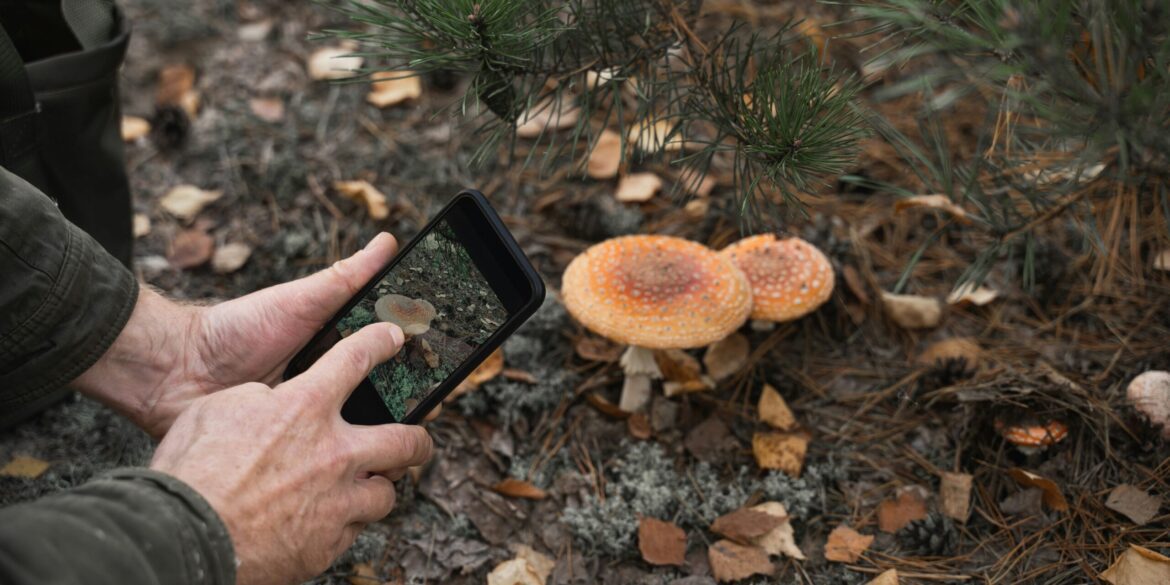On June 6, 2025, federal prosecutors charged Chinese researcher Yunqing Jian and her boyfriend, Zunyong Liu, with smuggling samples of the fungus Fusarium graminearum into the United States, claiming the pathogen posed a potential agricultural bioterror threat. The charges, which include smuggling and conspiracy, have raised eyebrows in both legal and agricultural circles, with many experts questioning the FBI’s assertion that the fungus could be used for bioterrorism.
Fusarium graminearum, known for causing Fusarium head blight (often referred to as “scab”), is a well-known pathogen that affects grains such as wheat and barley. It thrives particularly in wet conditions and produces vomitoxin, a toxin that can contaminate crops. The fungus is already present in U.S. agriculture, having been recognized as a problem for over a century. While it can damage crops and lower yields, experts in the fields of agriculture and crop science have strongly disputed claims that it could serve as a viable weapon for bioterrorism.
The FBI’s characterization of the fungus as a potential biosecurity threat has sparked controversy, with many scientists and agronomists arguing that the fungus, though harmful to crops, is not capable of causing the kind of widespread agricultural destruction the government fears. Dr. Jessica Rutkoski, an associate professor at the University of Illinois who specializes in crop science, highlighted the fungus’s limited potential for bioterrorism. According to Rutkoski, the complexities involved in deliberately spreading Fusarium graminearum make it an unlikely candidate for weaponization.
Fusarium graminearum typically requires specific environmental conditions to thrive, including high humidity and warm temperatures. This makes it difficult to spread in a controlled manner, and the fungus’s effects are usually localized, meaning it is not likely to cause the large-scale devastation that would be expected from a bioterror weapon. Moreover, the fungus’s presence in U.S. agriculture means that farmers are already well-equipped to manage its impact through fungicides, crop rotation, and the use of resistant crop strains. Comprehensive testing protocols at grain elevators also help mitigate any risks associated with the toxin it produces.
The charges against Jian and Liu have raised more questions than answers, with some critics suggesting that the FBI may be overreacting or misinterpreting the threat posed by the fungus. Jian, a researcher at the University of Michigan, has been accused of attempting to smuggle the fungus into the country for unknown purposes, though no concrete evidence has yet been presented to support the claim that she intended to use it for bioterrorism. While her arrest and subsequent bail hearing, scheduled for June 13, have garnered significant media attention, many are still waiting to see if prosecutors can substantiate their claims.
Fusarium head blight, while damaging to crops, does not typically present a direct threat to public health. The vomitoxin produced by Fusarium graminearum can contaminate grains, making them unsuitable for consumption, but it is not classified as a deadly toxin. The fungus is typically managed through agricultural practices, and its control is an ongoing concern for farmers, especially in regions prone to wet conditions.
While the FBI’s claims have yet to be fully substantiated in court, the case has prompted renewed discussion on the risks posed by agricultural pathogens and the potential for their misuse. Experts argue that while vigilance is important, the use of pathogens like Fusarium graminearum as a weapon may be more a theoretical concern than a practical one. In contrast to the FBI’s alarmist claims, the agricultural community has emphasized that managing such threats through established protocols remains the most effective way to protect crops and food security.
Yunqing Jian, who remains under investigation, faces several serious charges, including conspiracy and the illegal transport of biological materials. The case has caught the attention of both legal experts and scientists, many of whom are skeptical about the bioterrorism narrative being pushed by federal authorities. As her bail hearing approaches, it remains to be seen whether the prosecution will be able to present compelling evidence that the fungus was being smuggled with malicious intent or if the charges will be further scrutinized for their broader implications.
While the smuggling of agricultural pathogens is certainly a matter of concern, the situation underscores the importance of scientific expertise in evaluating potential threats. The current case involving Jian and Liu serves as a reminder that not all agricultural pathogens are equally capable of being weaponized, and the public should be cautious when reacting to government warnings about such threats.

